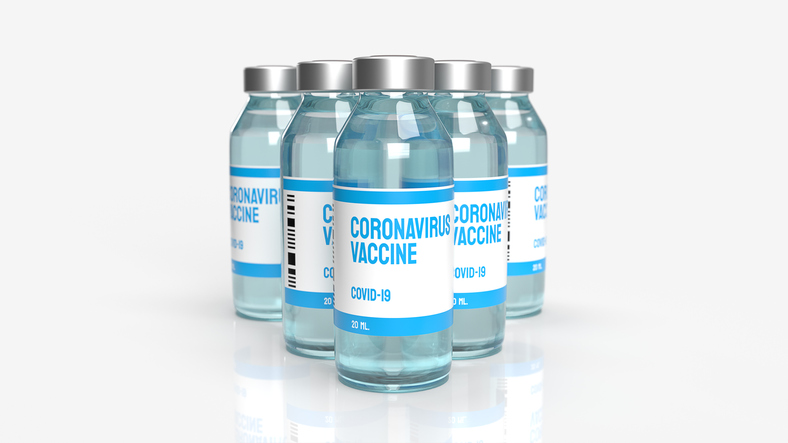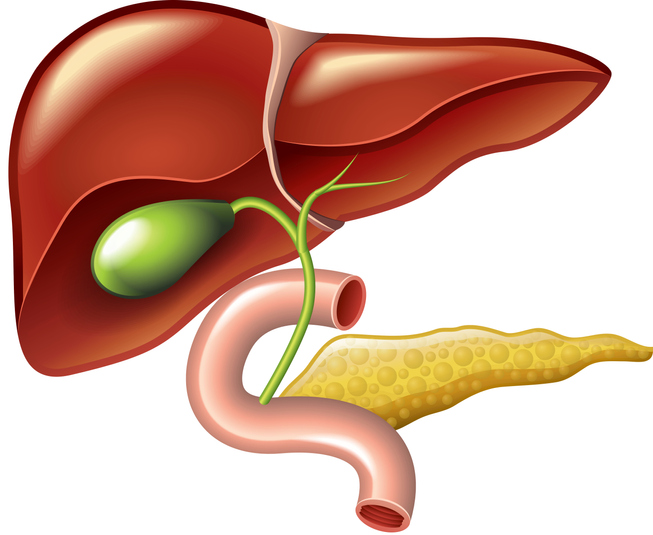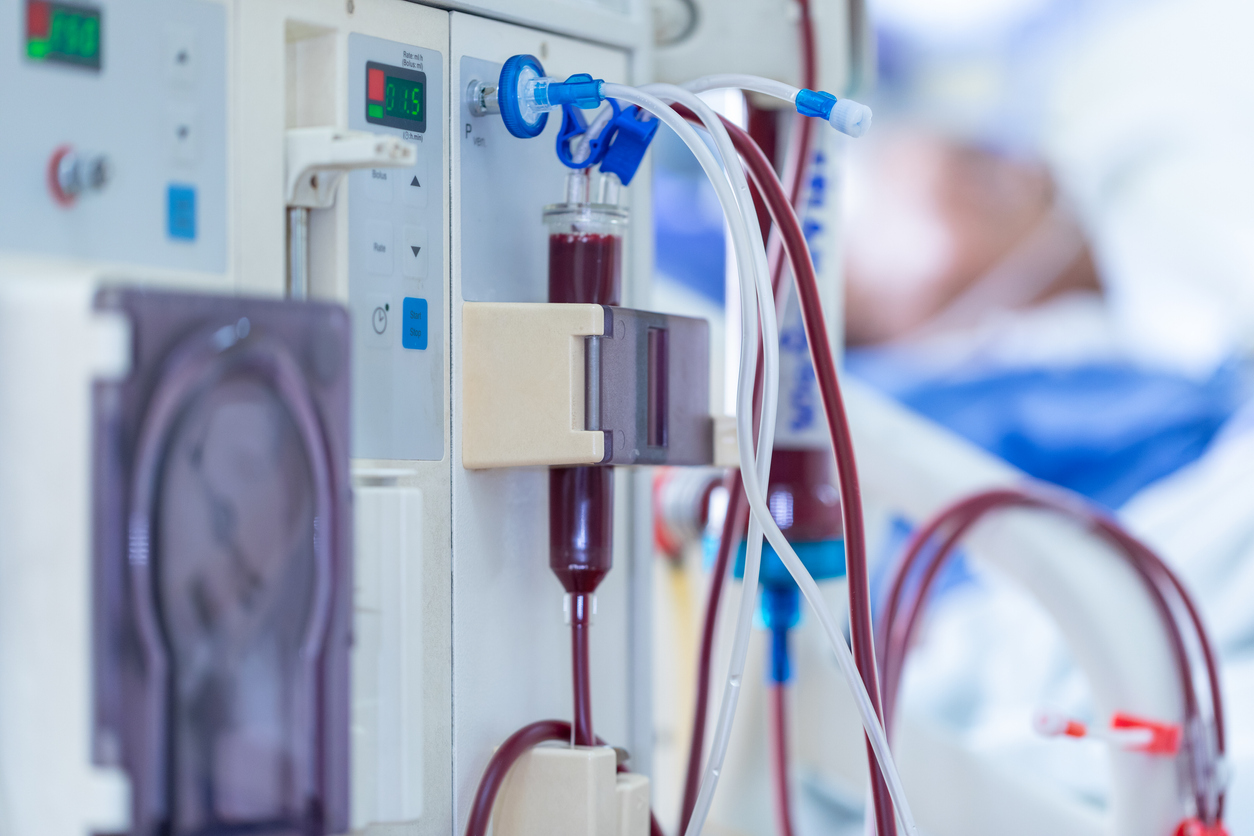“Let’s start with a simple, tragic fact. Kidney failure affects far too many people. For the vast majority of human history, this meant a steady, irreversible buildup of fluids and toxins leading to an inevitable death. This is no longer the case today. Thanks to the pioneering efforts of scientists over the past 150+ years, millions of people worldwide are able to continue living with regular dialysis, and others—though far too few—receive transplants.
The story of how we’ve been able to get here, and the inflection point that the kidney disease care paradigm finds itself in today, is a testament not only to the innate desire within us to heal and alleviate suffering, but to the critical elements of curiosity, ingenuity and perseverance that are once again needed today, to recalibrate in a patient-focused way.”
Read full article, here.







